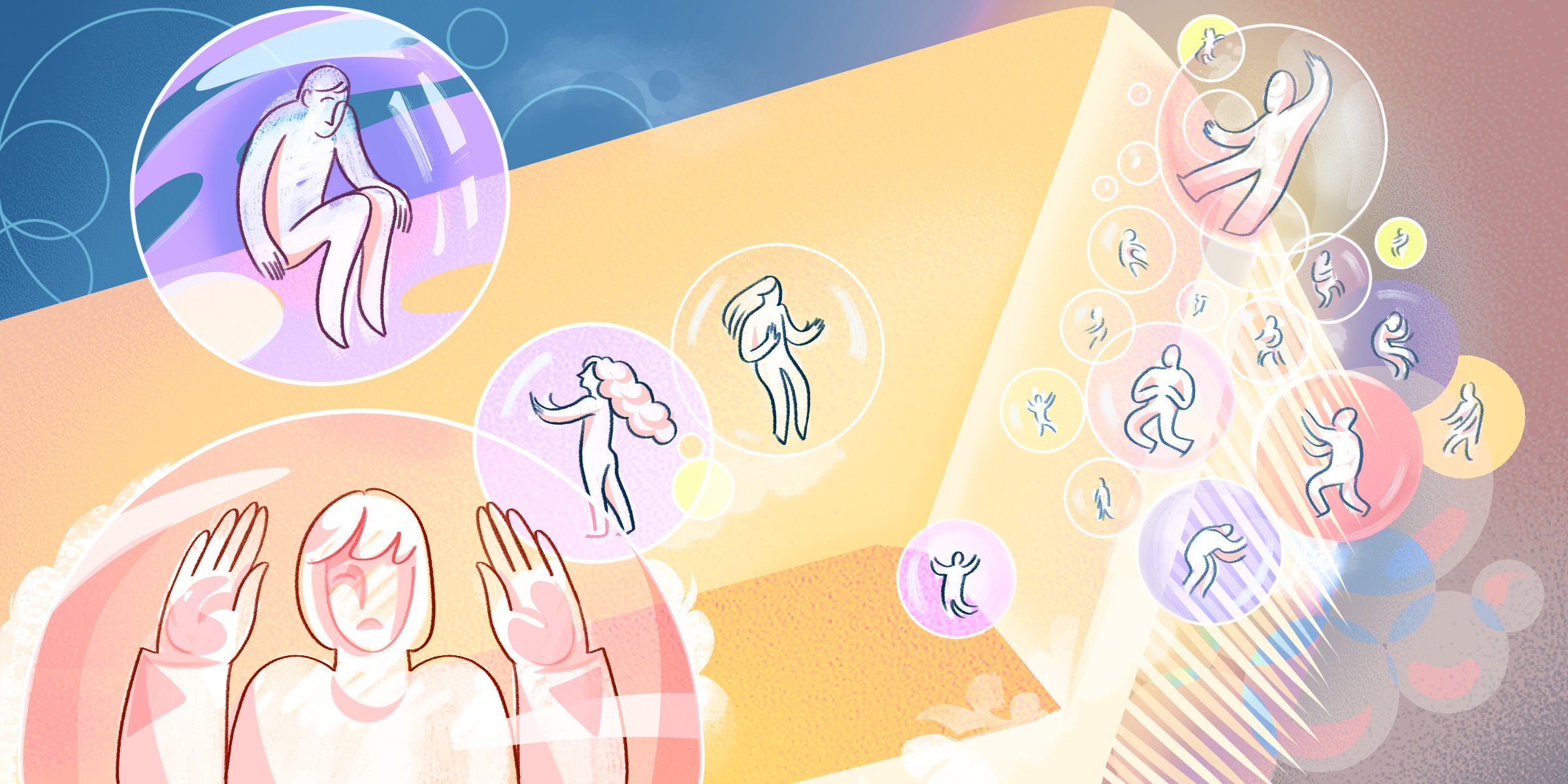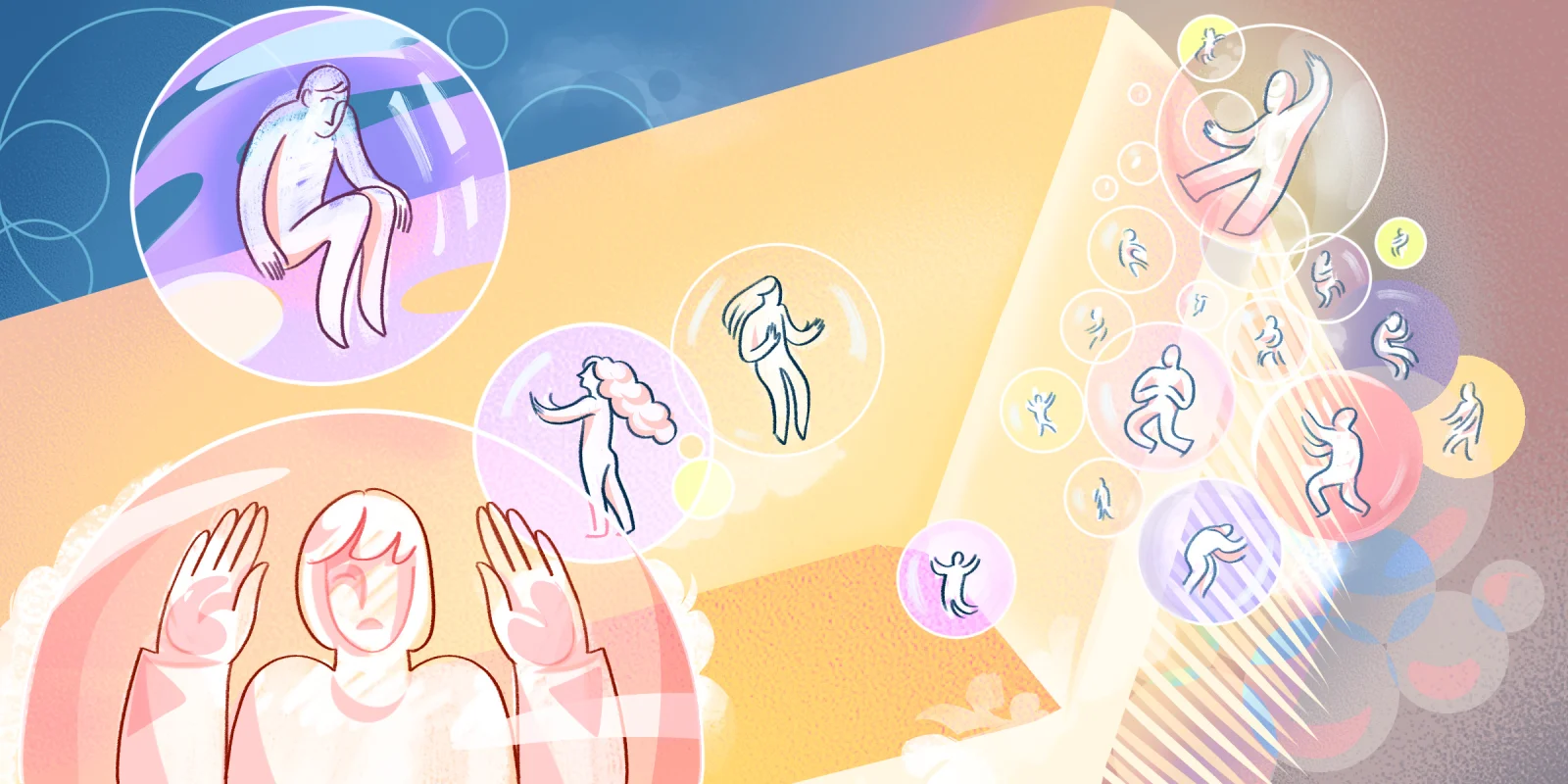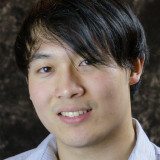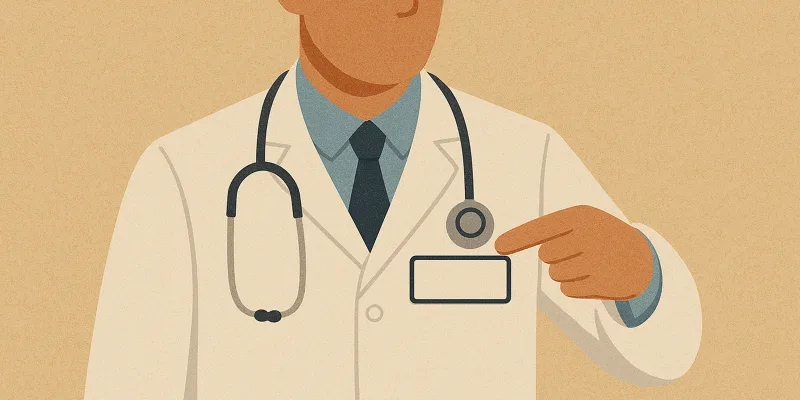
The first email I saw upon returning to the United States was from the dean of my medical school: “Jon, please call me on my cell phone as soon as you get this … ” Sixteen hours of travel fatigue from flying from Tokyo to New York instantly dissipated as I hurried to contact my Dean, prioritizing the conversation before even a trip to the men’s room. After a few phone calls and an unceremonious Uber ride, I returned home to my Washington Heights apartment after a month-long absence. At the time of this writing, that was 12 days ago (February 29, 2020) — and I haven’t left my building since.
When I was in Tokyo during the month of February as part of a student exchange program, I found it difficult to ignore the COVID-19 panic that was gripping the nation — people hid their faces behind masks in public spaces; hospital staff were gargling water before meals; the Meiji Shrine was nearly empty; and, my highly sought-after Ghibli Museum ticket was voided when the museum closed its doors before I had the chance to visit. That being said, I rarely felt restricted in my activities, neither in nor outside of the hospital. To my knowledge, I never came into contact with anyone suspected of COVID-19. I followed the example of my senseis: wore masks, and scrubbed my hands before every meal (though I freely admit I couldn’t be bothered to gargle water). So, imagine my surprise when I discovered upon my return that my medical school had requested that I place myself in a precautionary self-isolation for 14 days.
My first thought? Disbelief, quickly replaced by frustration and resentment. At the time, Japan was (and still is, as of March 18, 2020) designated as a Level 2 Travel Advisory country. According to CDC risk assessment guidelines for health care professionals, clinicians who have no identifiable risks (i.e., have not had contact with any patient suspected or confirmed to have COVID-19) do not require monitoring or restriction from work. When I brought up my objections with my dean and the director of Student Health Services, they replied that the self-isolation was “voluntary,” though I was strictly barred from attending classes in person, could not use the gym, and was forced to relinquish a part in my school’s upcoming theatrical performance. I was also told to notify my roommates and strongly discouraged from using common spaces. This was apparently an ad hoc campus-wide policy for anyone returning from Japan, Korea, and Italy. With the potential safety of my classmates at risk, I acquiesced and agreed to the self-isolation.
I’m reminded of the Morgan Freeman quote from The Shawshank Redemption. In the movie, Freeman’s character, an inmate at a state penitentiary, says, “These prison walls are funny. First you hate ‘em, then you get used to ‘em.” If you, reader, have ever tried spending 23 hours of your day in the confines of your Manhattan bedroom for days on end, you will perhaps notice a few changes in your lifestyle. You become dependent on friends to deliver your one meal of the day, if you remember to ask. You become hyperaware of keeping your distance from the dear classmates who risked breaking your quarantine just to say hello. You start carrying around Lysol wipes to disinfect every doorknob, piece of silverware, and elevator button you touch. You wear a mask when you leave your room to use the building’s laundry facilities. You become paranoid when people eye you strangely for wearing a mask and remember you’re not in Japan anymore. You become distraught when the otherwise-friendly security guard berates you for leaving your bedroom to pick up your laundry (“You’re in quarantine — you can’t be down here!”), despite the fact that you were given permission from Student Health to do so. You don’t have an appetite because you haven’t been able to climb or run. And just when you are ready to fall asleep, the lights and sounds of the City That Never Sleeps remind you that it’s 10 a.m., and your jetlag is still as bad on Day 12 as it was on Day 1.
It’s rare in medical school for anyone to have so much time to oneself — and the only thing I can do with this rare, coronavirus-induced kairos is fritter it away on Netflix, anime, and the new Pokémon game for the Nintendo Switch. I’ve already replied to months-old messages from friends who I haven’t spoken to in a while. I resumed Duolingo in yet another attempt to learn Japanese. I Facetimed old friends from church for nightly prayer. I made time to write. I rediscovered the joy in my schoolwork, and looked forward to refreshing clinical skills, contributing to discussion boards with my classmates, and completing daily online modules for my Ready for Residency elective. Most importantly, my quarantine made me appreciative of all the relationships with classmates, friends, and faculty that I have forged over the past four years.
But time hasn’t stopped — and neither has COVID-19. The NBA is suspended, President Trump restricted European travel for 30 days, and Democratic hopefuls Bernie Sanders and Joe Biden are canceling events. While I remain hidden from the outside world, my campus has canceled Match Day, my university has instituted online classes for the remainder of the semester, and my city is introducing new restrictions every day. In a twist of irony, after self-isolating myself as a potential hazard to my community, I can’t help but feel guilty that I am possibly in the lowest risk category. Seeing the world around me fall into greater disarray each day really contextualizes my own experience because I know my discomfort is incomparable to that which my family in China, and friends in Milan, Korea, and Seattle, are facing.
At the time of this writing, my self-imposed isolation will end in two days. I am filled with anticipation and trepidation. Every day I hear about new restrictions locally and globally, and I wonder what my new “normal” will be.
There’s a lot more I could say, but in hindsight, I can see how and why events played out the way they did. Every decision my school administrators made was in the name of prevention and precaution. As I make my return to a world where quarantine and self-isolation are becoming increasingly common, I hope that I won’t take for granted that I’m one of the lucky ones. I hope to continue doing what I can to protect my community.
Jonathan Xu is currently a fourth-year medical student at Columbia University Vagelos College of Physicians and Surgeons. Born and raised in Houston, Texas, he now considers himself a born-again New Yorker. Despite that, he is moving to the Boston area and will start his urology residency at Lahey Clinic in July.
Illustration by April Brust
Click here to see more perspectives on COVID-19 from the Doximity network.
Click here for up-to-date news about COVID-19 on Doximity.







